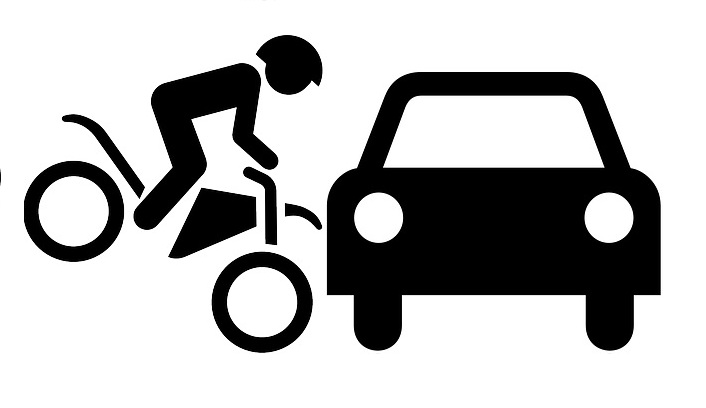The injuries resulting from a motor vehicle accident can vary from minor to significant. Expert professional lawyers can help you get the highest compensation you are eligible for based on the severity of motor vehicle injury.
However, to fully understand how the nature or severity of your injury can impact the amount of compensation that you are entitled to, it is important first to understand the difference between minor and major injuries.

What’s the Difference Between Minor and Major Injuries?
Minor injuries typically result in cuts, bruises, and whiplash. With minimal treatment, these motor vehicle injuries usually heal within a few weeks or months.
On the other hand, significant injuries typically result in fractures, dislocations, or traumatic brain injuries. These injuries often require extensive treatment and can take months or even years to heal. At times, the damage may even be permanent and irreversible.
If you have suffered a minor injury in a motor vehicle accident, you may be able to settle your motor vehicle injury claim without going to court. However, if you have suffered a significant injury, your claim will likely go before a judge. If you don’t have an expert attorney representing you in this process, it is vital that you hire a competent, expert attorney specialising in motor vehicle claims.
If you suffer severe injuries in the accident, the amount you are entitled to recover will depend on several factors, including the following factors.
1) The Degree of Fault Attributed to Your Mental Injury
Suppose you can prove that the other driver was 100% at fault for your injuries. You may be able to recover motor vehicle injury damages for your past and future injury-related expenses and property damages. Your motor vehicle claims lawyer will assess the facts of your case and help you establish the negligence of the other party.
2) The Severity of Your Injuries
You may be able to recover motor vehicle injury damages for your past, present, and future medical expenses, loss of income, pain, and suffering, and emotional distress based on the severity of the injury.
3) Future Projections of Your Injuries
Suppose you have suffered a significant injury that has the potential to worsen in severity over time or is expected to affect you long-term. In that case, this may be considered when you are claiming damages.
4) Future Projections of Earning Capacity
Any loss of your future earning capacity may be considered when you are claiming damages.
5) The Availability of Government Benefits
If the injured driver receives government benefits such as Centrelink or Workers’ Compensation, the authorities may reduce your damages to reflect the amount of these benefits you are already receiving.
6) The Age of the Claimant
If you are a minor or over the age of 65, your damages may be increased to reflect your vulnerability. Also, if you are suspected to be negligent in any way during the lead up to the accident, the court may reduce your damages to reflect this.
7) Whether You Have a Pre-Existing Injury
If you have a pre-existing injury aggravated by a motor vehicle accident, then you may be able to recover damages.
When claiming damages, it is essential to remember that the amount you receive will depend on the severity of your injuries and the insurance policy limits of the driver who caused the accident.
If the negligent driver does not have an insurance policy or their policy limit is insufficient to cover your losses, you may need to sue the driver personally to recover the total amount of your damages.
Wrapping Up
If you have any questions about claiming motor vehicle injuries, consider contacting a solicitor specialising in motor vehicle claims. These motor vehicle claims attorneys will advise you on the best course of action to take.

